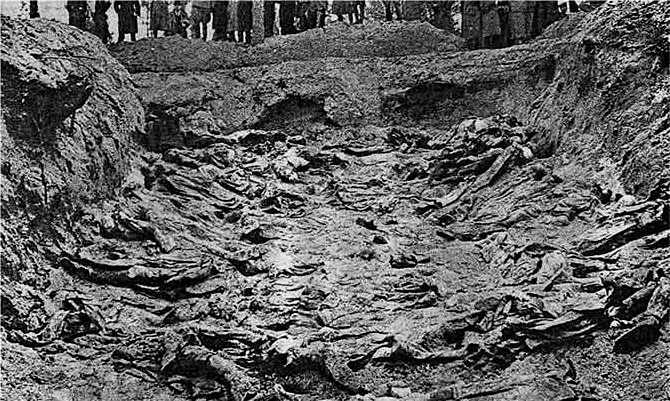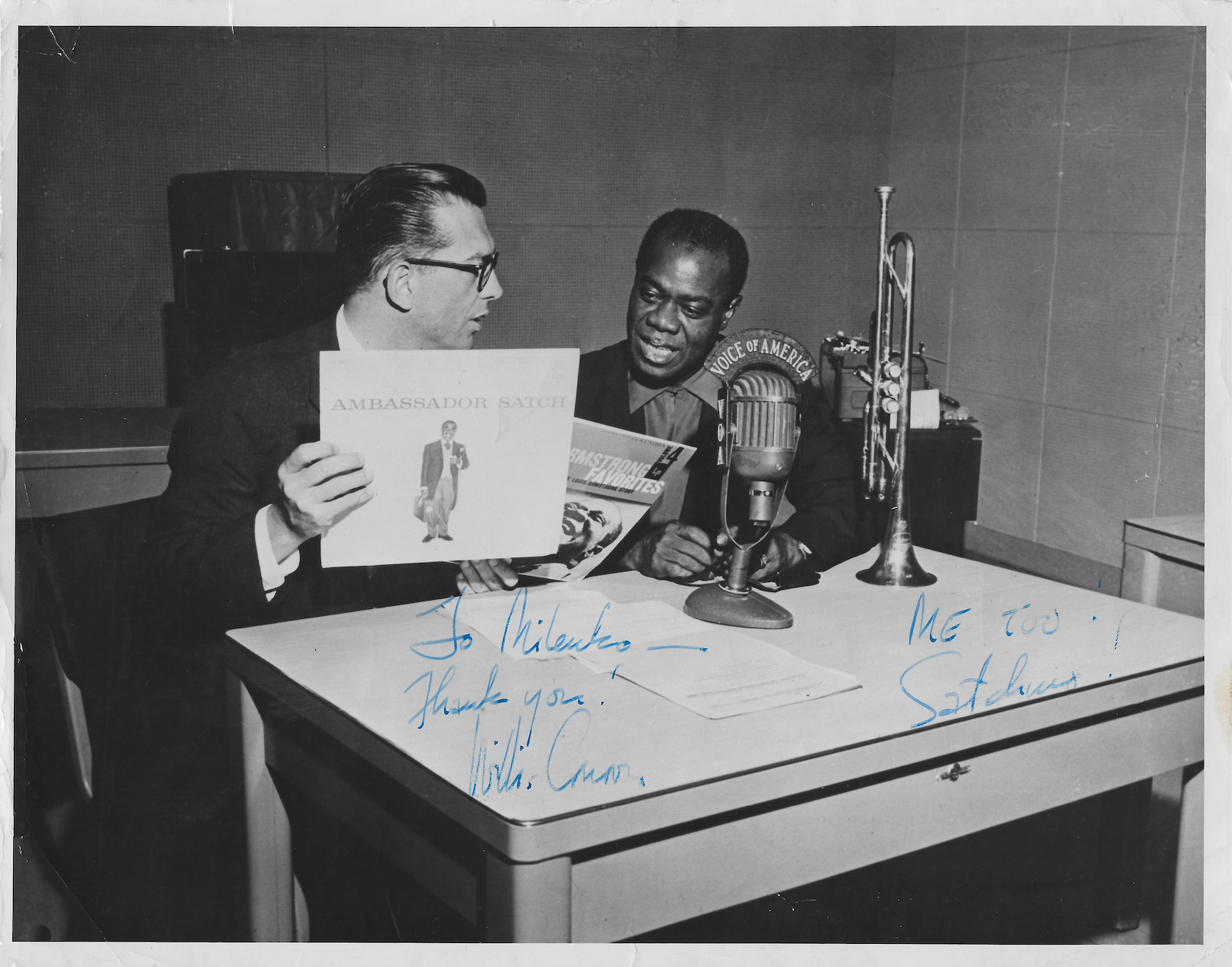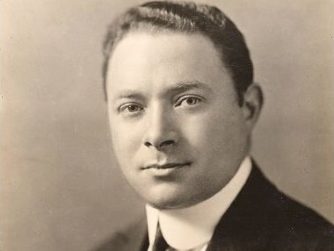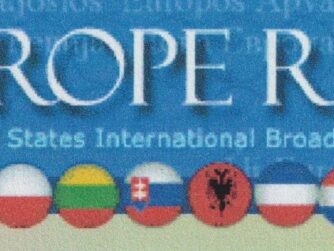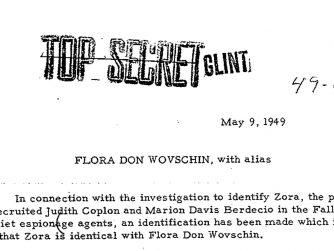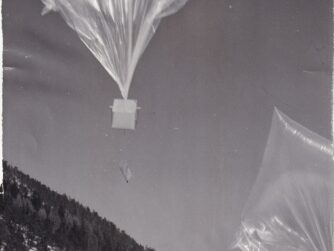Ending Censorship of Katyn Massacre
Before Truman’s 1950 speech, and even after the launching of his “Campaign of Truth,” State Department diplomats and information specialists providing policy guidance for Voice of America journalists were reluctant to challenge Soviet propaganda. According to a declassified confidential State Department memorandum of January 25, 1951, written by U.S. diplomat Chester H. Opal who had served in Warsaw after World War II as an Information Officer from 1946 to 1949, Charles Thayer, the first VOA Russian Service chief, was uncertain whether the Russians were the actual perpetrators of the Katyn massacre.1
Alexander Barmine knew without any doubt that Stalin had ordered the executions of Polish POWs. Under Barmine, VOA reported on it in Russian –– something that would not have been done when Thayer was the head of the Russian Service and later the VOA director. Even though another anti-communist refugee journalist, a former Polish anti-Nazi underground resistance member, Zofia Korbońska, was hired in 1948, the same year Barmine joined the Voice of America, the VOA Polish Service still censored in 1950 a talk about Katyn by a Polish writer, artist, and former military officer, Józef Czapski.2Unlike Barmine, Korbońska was not yet a U.S. citizen and could not have been promoted to become a VOA foreign language service chief.3
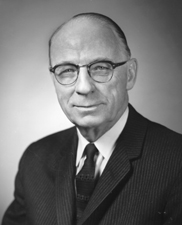
In a written statement for the Senate Subcommittee of the Committee on Foreign Relations, chaired by Senator Bourke B. Hickenlooper (Republican – Iowa), Barmine described the VOA Russian Branch’s reporting on Katyn in 1952:
We carried on a campaign about the murder of Polish officers in Katyn, for several months. Now this case was closed by Soviet officials in 1943. They had a commission which whitewashed the Russians from this crime of the murder of Polish officers. In March of 1952 we carried for several months disclosures, testimony before congressional committees on Katyn.
What was the result? On March 30, 1952, Pravda suddenly dug out the old commission report of 1943 after 10 years of silence, and published it as a spread. Pravda is a newspaper, which consists of only 4 pages, and you have here the 9-year-old commission report which is spread on 2 full pages inside and 12 page on the 4th page, as a result, obviously, of our campaign.
That would be the same as if the American press would like to deny some of the Soviet propaganda, the Times, out of 60 pages, would give 36 to resurrecting old facts in order to answer Soviet propaganda. I think that is pretty good proof of our effectiveness, but this is not enough.4
Partial censorship of the Katyn massacre story returned at the Voice of America in later years and continued until it was eliminated by the Reagan administration. The American management of Radio Free Europe and Radio Liberty never censored the Katyn story.
NOTES:
- “Pro-Stalin Voice of America Propaganda Revealed in 1984 VOA Interview with Józef Czapski,” Cold War Radio Museum, September 4, 2018, https://www.coldwarradiomuseum.com/stalins-american-voice/.
- Curator, “Voice of America Censors Soviet Massacre Survivor Józef Czapski And Lies About Its Actions – Cold War Radio Museum,” accessed October 31, 2022, https://www.coldwarradiomuseum.com/timeline/voice-of-america-censors-soviet-massacre-survivor-jozef-czapski-and-lies-about-its-actions/. Prof. J.K. Zawodny wrote in his 1962 Katyn study “Death in the Forest”: “Even in the postwar years, after President Roosevelt had died, the war with Japan was over, and the U.N. Charter was already in effect—the policy of suppressing the Katyn case was continued by the State Department. The war was over for several years when Mr. Czapski, the man so actively engaged in searching for the missing men in Russia, and himself a survivor of the annihilation, came to the United States for a visit in the early spring of 1950. The Voice of America invited him to make a broadcast in the Polish language to Poland. From it officials of the Voice of America meticulously eliminated all references to the Katyn Massacre. He was not even allowed to mention the word ‘Katyn’.” (p. 186) In a footnote, Prof. Zawodny cited the 1952 Congressional Record and stated that this information was verified by Mr. Czapski in his letter of December 26, 1959. J. K. Zawodny, Death in the Forest: The Story of the Katyn Forest Massacre (Notre Dame, Indiana: University of Notre Dame Press, 1972), p. 196.
- I got the U.S. Agency for Global Media (USAGM) to issue a statement honoring Zofia Korbońska. It happened in 2020 when a President Trump appointee, Michael Pack, was for several months in charge of USAGM. In 2010, I published an op-ed about Zofia Korbońska in the Washington Times shortly after she died in Washington, DC.
- Overseas Information Programs of the U.S.: Hearings Before the United States Senate Committee on Foreign Relations, Subcommittee Under S. Res. 74 on Overseas Information Programs of the U.S., Eighty-Second Congress, Second Session. United States: U.S. Government Printing Office, 1952, p. 1457, https://www.google.com/books/edition/Overseas_Information_Programs_of_the_U_S/pdVEAQAAMAAJ?hl=en&gbpv=1.



